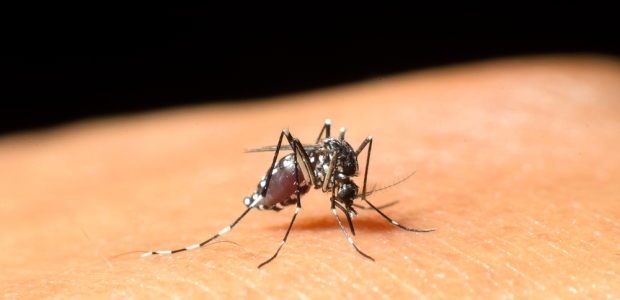
California Confirms First WNV Cases of 2018
The risk of serious illness to most people is low, but some people can develop serious illnesses such as encephalitis or meningitis. In 2017, there were 553 reported WNV cases in California, including 44 deaths.
The California Department of Public Health (CDPH) announced the first confirmed illnesses in California due to West Nile virus (WNV) on June 15, reporting that the four illnesses occurred in Los Angeles, Kern, and Riverside counties. "West Nile virus activity in the state is increasing, so I urge Californians to take every possible precaution to protect against mosquito bites," said CDPH Director and State Public Health Officer Dr. Karen Smith.
West Nile virus is transmitted to humans and animals by the bite of an infected mosquito. As of June 8, 2018, WNV has been detected in 14 dead birds from seven counties and four mosquito samples from three counties. The department reported hot June temperatures are contributing to increasing numbers of mosquitoes and the increased risk of virus transmission to humans, but so far this season, activity is within expected levels.
The risk of disease due to the virus usually increases at this time of year and is highest throughout the summer and early fall.
According to the department, West Nile virus is influenced by many factors that include climate, the number and types of birds and mosquitoes in an area, and the level of WNV immunity in birds. The risk of serious illness to most people is low, but some people – less than 1 percent – can develop serious neurologic illnesses such as encephalitis or meningitis. In 2017, there were 553 reported WNV cases in California, including 44 deaths.
People age 50 and older and individuals with diabetes or hypertension have a higher chance of getting sick and are more likely to develop complications from WNV infection.
CDPH recommends that individuals protect against mosquito bites and WNV by practicing the Three Ds:
- DEET – Apply insect repellent containing DEET, picaradin, oil of lemon eucalyptus or IR3535 according to label instructions. Repellents keep the mosquitoes from biting you. Insect repellents should not be used on children under two months of age.
- DAWN AND DUSK – Mosquitoes that transmit WNV usually bite in the early morning and evening, so it is important to wear proper clothing and repellent if outside during these times. Make sure that your doors and windows have tight-fitting screens to keep out mosquitoes. Repair or replace screens that have tears or holes.
- DRAIN – Mosquitoes lay their eggs on standing water. Eliminate all sources of standing water on your property by emptying flower pots, old car tires, buckets, and other containers. If you know of a swimming pool that is not being properly maintained, contact your local mosquito and vector control agency.
Californians are encouraged to report dead birds at this website or by calling toll-free 1-877-WNV-BIRD (968-2473).